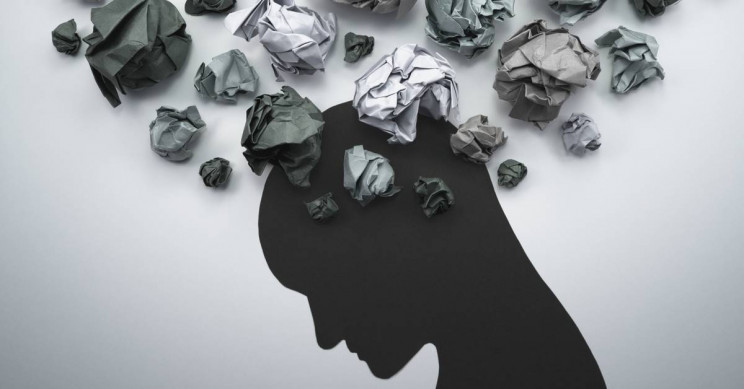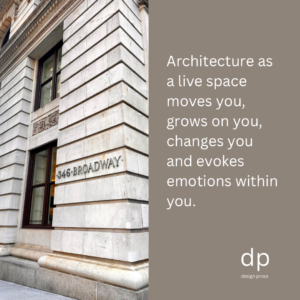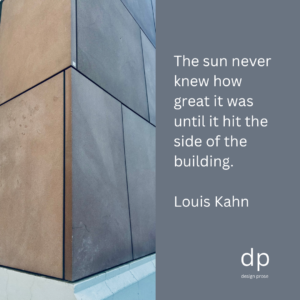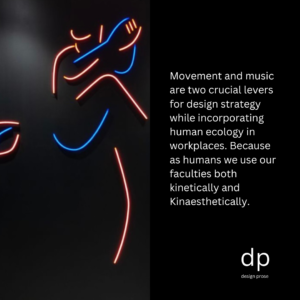| At the advent of industrialization, which gave rise to large scale industries and businesses around energy, finance, textiles, materials and logistics, it also set the tone to our perceived notion of wealth and prosperity. And as early economies were getting formed, swathes of people moved from their roots into this movement to be industrious and make something of them because it was no longer enough to stay rooted in our progress of the world that was moving. It gave rise to a Culture of Performance and era of Personality. Because, for the first time we were navigating out of our roots and place of belonging and wanted to demonstrate and we had to prove our worth to be part of it. And it reflected in every choice we made and it also impacted our aspirations of who we wanted to be and what we wanted to achieve. Our perceptions have been deeply influenced by the Culture of Performance. For the last several decades we have been on an overdrive of performative environment where all the choices we make are either a byproduct or a sum total of the performance culture that has come to deeply engulf our work environment. At the onset of Culture of Performance, we were urged to develop our more extroverted persona, it also had a strong nudge to outshine in a newly inhabited world of competition. And it had come to give us a notion of what a successful life may mean and is. Quick learners, cultural fits, right attitude have all been used to figure out where you belong in the hierarchy of the fittest. So much so that we have codes and expectations of behaviors in all our settings. The way we behave, the things we say or things we don’t say are all part of a code book of a performative environment. One can trace the influence of this expectation in also the way people walk, speaking manners, eating etiquettes, you can differentiate the body language of confidence with not so confident people. Culture of Performance leads us to a goal oriented society. We need to have clear explicit meanings, plain speech and directive candor. In a goal oriented culture, there is always a concrete objectivity and a timeline of start and finish. We believe that with clear goal, a good plan, solid skills, anything can be given a conclusive shape and there are clear winners and losers in Culture of Performance. With so much anticipated control, when things don’t go as per the exact plan, it gives rise to anxiety, depression, anger. Now with the onset of pandemic, we could no longer just go on, rushing, and keep going. We were paused and forced to stay put. For a substantial period of time, we were pushed to have reflective times. From our can do, anything is possible times, we are now navigating a changing order. Our metrics are going through a dramatic shift. We are forced to reflect and think deeply on the choices we make, what is important to us and also what is truly in our control and what is not. Culture of Reflection puts our can-do attitude (predominantly American extreme optimism which also I loved) into a challenging spot. We are realizing not all issues can be simply solved merely with an operational approach. Our pragmatic approach typifies how we go about solving problems and our contemplative approach gives us tools to look at problems and solutions with new perspective and sometimes completely new lens. It is less about control than about acceptance in solving. For a long time, because we introduced the idea of function and productivity, we had also introduced the idea of dysfunction and unproductivity. A lot of art and meandering can happen in a non-competitive environment without the parameters of timelines and anticipated outcomes. Performance anxiety doesn’t bode well with our flow of exploration of the unknown and unrevealed. Reflective time is an imaginative act or a period and one cannot measure it clearly. The minute you can measure it, it is no longer a rumination. Just how vulnerability is defenseless and cannot be programmed. This leap from performative environment to a reflective one entails a loss of control and which is exactly what we are conditioned to not do. Social order and codes are built around this restrain and each time there is a threat to this order, we perceive chaos in an otherwise perceived control. We have moved from our industrial times, a long time ago, where, faster, efficient and more was better. Pandemic has been a disruption to this machine. Earlier, we just didn’t have the time and patience for open-ended reflection but now it has been made available to us. Creativity and creative explorations challenges us to seek a different pace, path and walk towards the ungraspable and rip open the confines of rational productive environment. |




